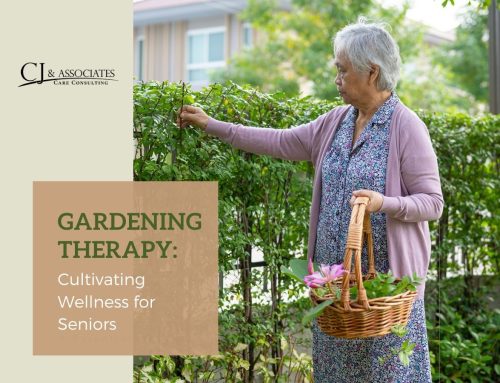As we age, it’s not uncommon for our social networks to shrink. We may lose touch with friends or family members, or find it difficult to stay connected due to mobility issues or health concerns. However, staying socially engaged is incredibly important for our mental and physical well-being, particularly as we grow older.
Studies have shown that seniors who are socially isolated are at a higher risk for depression, anxiety, and other mental health issues. They may also experience physical health problems such as heart disease and cognitive decline. On the other hand, seniors who maintain strong social connections report feeling happier, more fulfilled, and more engaged with life.
If you’re a caregiver or family member of an aging senior, there are many ways you can help them stay socially connected. Encourage them to participate in community activities, such as senior centers, clubs, or volunteer organizations. You can also help them stay in touch with friends and family members by setting up regular phone calls, video chats, or even letter writing.
In addition, it’s important to recognize that social connections aren’t just good for seniors – they’re good for caregivers and family members, too. Caregiving can be an isolating experience, and having a support network can make all the difference. Don’t be afraid to reach out to friends or family members for help or support, and consider joining a caregiver support group to connect with others who are going through similar experiences.
Overall, staying socially connected is essential for seniors’ health and well-being. As caregivers and family members, we can play a crucial role in helping our loved ones maintain these vital connections.






